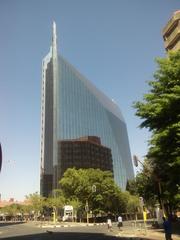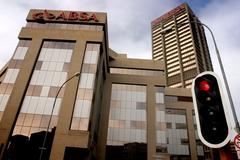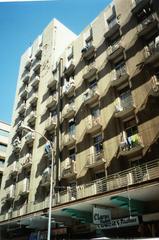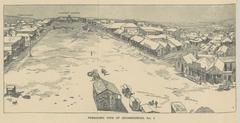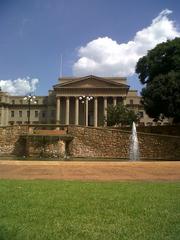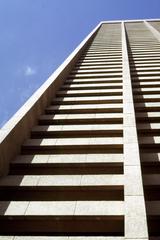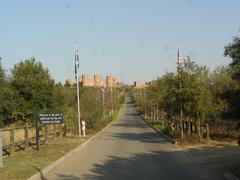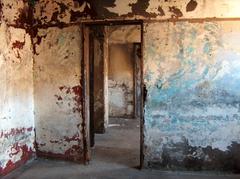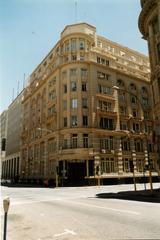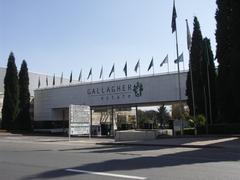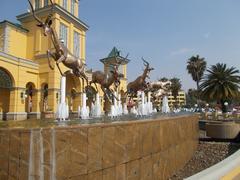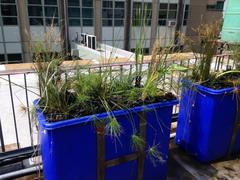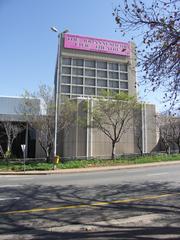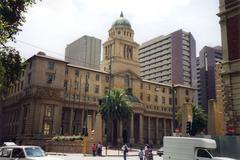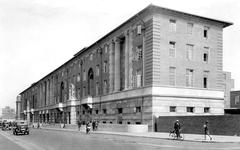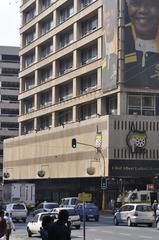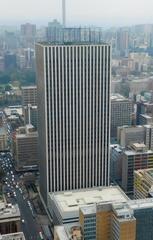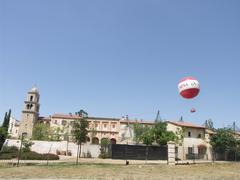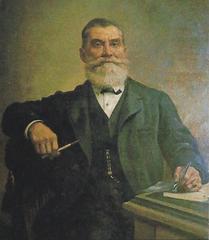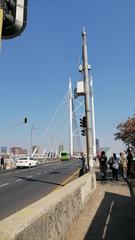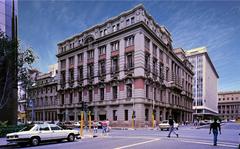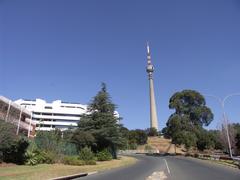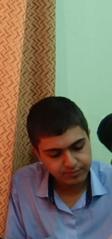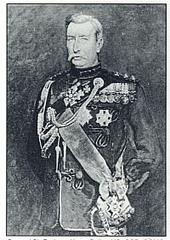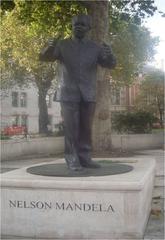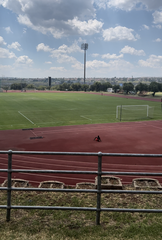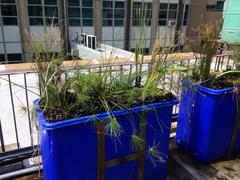National Institute for Communicable Diseases Johannesburg: Visiting Hours, Tickets, and Visitor Guide
Date: 14/06/2025
Introduction
The National Institute for Communicable Diseases (NICD) in Johannesburg, South Africa, is a cornerstone of the nation’s public health system. Renowned for its leadership in infectious disease surveillance, research, diagnostics, and outbreak response, the NICD has played a pivotal role both nationally and across the African continent. While not a conventional tourist attraction, the NICD offers pre-arranged educational tours and guided visits for professionals, students, and groups interested in public health and scientific innovation. This comprehensive guide provides essential information about the NICD’s history, functions, visiting protocols, and practical tips for arranging a visit to this vital institution (Healthcare Outlook, NICD Official Website, NICD Contact Page, Johannesburg Tourism).
Origins and Evolution
The NICD’s roots can be traced to the mid-20th century through the establishment of the Poliomyelitis Research Foundation, which was instrumental in vaccine development and polio control efforts. Over time, the foundation’s expertise expanded, leading to the creation of the NICD as a division of the National Health Laboratory Service (NHLS). This consolidation brought together various diagnostic and research units, enabling coordinated responses to infectious diseases and establishing the NICD as a central pillar in South Africa’s public health infrastructure (Healthcare Outlook, NICD FAQ).
Mandate and Capabilities
The NICD’s mandate encompasses laboratory diagnostics, disease surveillance, outbreak investigation, research, training, and policy support. Specialized centers within the institute address a range of communicable diseases, including HIV, tuberculosis, respiratory illnesses, and emerging zoonotic threats. The NICD also supports the Department of Health and collaborates with regional and international partners, notably serving as a reference center for the Southern African Development Community (SADC) and contributing to continental health initiatives (NICD Chikungunya Update).
Role in Public Health Emergencies
The NICD has been at the forefront of major public health responses, such as during the COVID-19 pandemic, when it rapidly scaled diagnostic capacity and integrated data from diverse sources to inform policy and public communication. The institute’s data center became a hub for tracking case numbers, analyzing trends, and supporting vaccine rollout. Beyond national borders, the NICD also aids neighboring countries and regional laboratories, reinforcing its position as a continental leader in communicable disease control (Healthcare Outlook).
Research and Training
Research is central to the NICD’s mission. The institute conducts cutting-edge studies on diseases of public health importance, informing policy and contributing to the scientific community. Additionally, the NICD offers robust training programs for healthcare professionals, laboratory scientists, and public health practitioners, often in partnership with universities and international organizations. These initiatives build capacity in disease surveillance, diagnostics, and outbreak response (NICD Training).
Technology and Data Integration
The NICD has invested in advanced technological infrastructure, including a comprehensive disease surveillance warehouse. This platform enables real-time disease monitoring and supports early detection efforts. During the COVID-19 crisis, these capabilities proved instrumental in modeling infection waves and shaping vaccine strategies (Healthcare Outlook).
Ongoing Challenges and Future Directions
Key challenges facing the NICD include enhancing local production of vaccines and diagnostic reagents to reduce reliance on international supply chains. Ongoing projects focus on integrated disease reporting, expanding proficiency testing, and launching new prevention interventions, reflecting the institute’s commitment to innovation and preparedness (NICD FAQ).
Visitor Information
Location and Accessibility
- Address: 1 Modderfontein Road, Sandringham, Johannesburg, 2131, South Africa (NICD Contact Page)
- Accessible by private vehicle, taxi, or ride-hailing services. Limited public transport in the area.
- Secure on-site parking is available.
Visiting Hours and Protocols
- Hours: Monday to Friday, 9:00 AM – 4:00 PM (closed on public holidays)
- Access: By appointment only; visits must be arranged in advance via the NICD website or direct inquiry
- Walk-in visits are not permitted; most tours are for academic, professional, or official groups (NICD Official Website)
Guided Tours and Educational Experiences
- Tours are tailored to the background of each group and may include:
- Presentations on the NICD’s role, research, and outbreak response
- Visits to laboratories (subject to biosafety restrictions)
- Interactions with scientists and public health professionals
Security and Health Protocols
- Security screening at the entrance
- Escort by NICD personnel throughout the visit
- Adherence to dress codes and biosafety measures
- No photography in restricted areas
- Additional protocols may apply during health emergencies
Facilities and Accessibility
- Modern reception, seminar rooms, restrooms, and parking
- Wheelchair accessible; notify in advance for special needs
- No public cafeteria; nearby suburbs offer various dining options
Safety and Visitor Tips
- Arrange transportation in advance and avoid walking in unfamiliar areas
- Use reputable taxi or ride-hailing services (Travel Like a Boss Safety Guide)
- Keep valuables secure and remain within the NICD campus during your visit
- Bring a valid photo ID and respect all security and biosafety protocols
Booking and Contact
- Website: NICD Official Website
- Phone: +27 11 386 6000
- Contact Form: NICD Contact Page
Provide details about your group, visit objectives, and special requirements. Allow 2–4 weeks for group bookings.
Nearby Attractions
- Apartheid Museum: A leading museum on South African history, about 20 minutes from the NICD (Travel Like a Boss Guide)
- Constitution Hill: Historic site and museum
- Sandton City: Shopping and business district with hotels and restaurants
Accommodation is plentiful in Sandton, Rosebank, and Melrose Arch—safe districts popular with international visitors.
Cultural and Professional Etiquette
- Respect the work and staff of the institute
- Engage thoughtfully in presentations and Q&A sessions
- Follow all scheduled times and protocols
Frequently Asked Questions (FAQ)
Q: Can the public visit the NICD?
A: Visits are by prior arrangement only, typically for academic or professional groups.
Q: How do I arrange a visit?
A: Contact the NICD via their website or phone; allow 2–4 weeks for confirmation.
Q: What are the visiting hours?
A: Monday to Friday, 9:00 AM – 4:00 PM, subject to pre-arrangement.
Q: Is the NICD accessible for people with disabilities?
A: Yes, the facilities are wheelchair accessible.
Q: Are guided tours available?
A: Yes, for pre-approved groups and delegations.
Emergency Contacts
- Tourism Complaints: 012 444 6000 or 0860 686 747, [email protected]
- Police: 10111
- Ambulance: 10177
- NICD Reception: +27 11 386 6000
- South African Department of Tourism
Conclusion
A visit to the NICD in Johannesburg offers a unique look into South Africa’s scientific leadership in disease surveillance and outbreak response. While access is limited and subject to strict protocols, pre-arranged tours provide rare insights into the nation’s health infrastructure and the fight against infectious diseases. Combine your visit with nearby cultural attractions for a comprehensive Johannesburg experience. For more information or to arrange a visit, consult the NICD Official Website and affiliated resources.
Summary and Recommendations
The NICD stands as a beacon of public health innovation in Africa, contributing to scientific knowledge, capacity building, and disease control. While not open to walk-in visitors, it offers exceptional educational value for those able to arrange a tour. Plan ahead, respect all protocols, and explore Johannesburg’s rich heritage alongside its scientific advancements. For further information, refer to the NICD’s official channels and local tourism platforms (NICD Official Website, Healthcare Outlook, Johannesburg Tourism, CRDM NICD Contact Page).
Sources and Further Reading
- National Institute for Communicable Diseases (NICD) in South Africa: History, Role, and Impact, Healthcare Outlook
- Visiting the National Institute for Communicable Diseases (NICD) in Johannesburg: A Guide for Tourists and Visitors
- Visiting the National Institute for Communicable Diseases (NICD) in Johannesburg: Hours, Tours, and Visitor Information
- Johannesburg Tourism Official Website
- Travel Like a Boss Safety Guide
